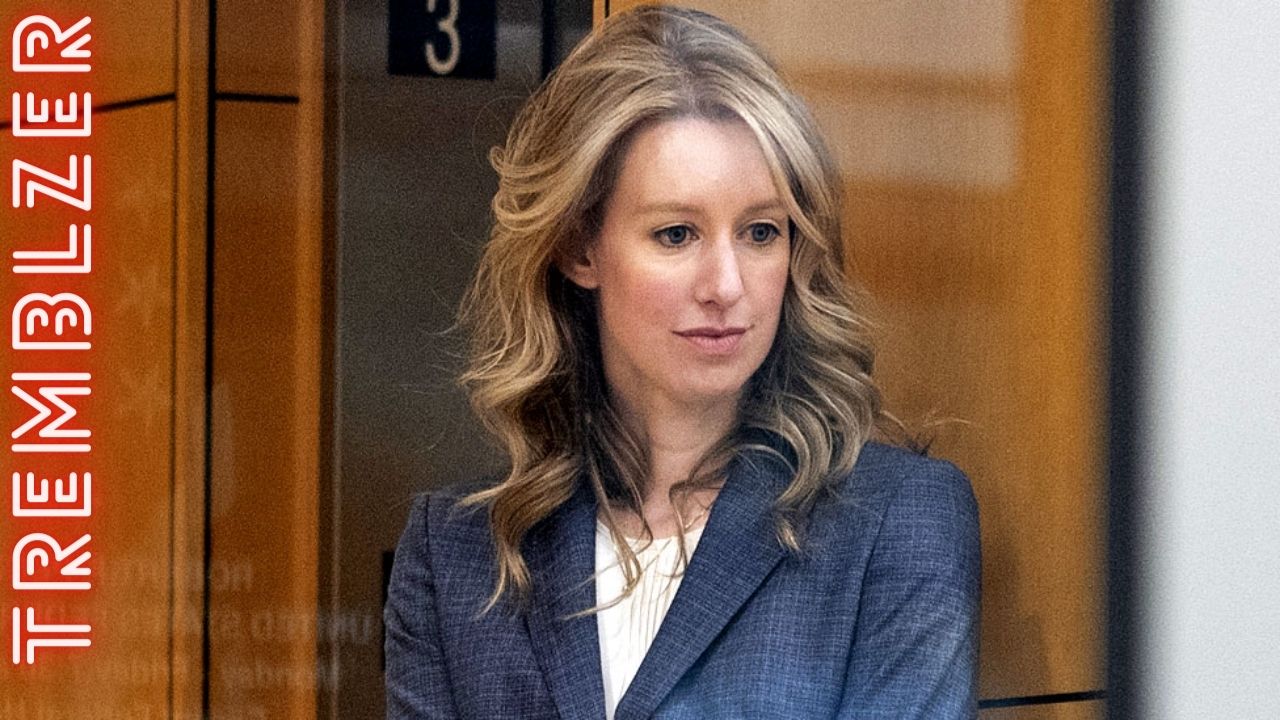Elizabeth Holmes, the founder and former CEO of blood-testing startup Theranos, was found guilty Monday of four counts of fraud by overstating her company’s blood-testing technology’s capabilities, revenue potential, and distribution.
Holmes faces a potential 20-year sentence per charge, which will almost certainly be served at the same time. A hearing next week may set a sentencing date. Holmes is unlikely to serve the entire sentence as a first-time offender. She might also be fined and ordered to reimburse her investors’ losses.
The jury was hung on all but three of the 11 counts, which pertained to defrauding patients. The jury was unable to reach a decision on three counts of fraud against investors. On those charges, the underlying wire fraud figures ranged from $99 thousand to $5.3 million.
In total, Holmes was convicted of defrauding investors of approximately $145 million. PFM Healthcare Master Fund, a San Francisco-based healthcare hedge fund, was sentenced to 37 years in prison for wire fraud charges that ranged from $38 million to nearly $100 million.
RELATED POST: RUMORS OF BETTY WHITE’S DEATH BEING CAUSED BY COVID 19 BOOSTER SHOTS

As the decision was delivered, Holmes sat stone-faced and almost motionless, as she had throughout the trial.
After court, Holmes went to her family. Her father, Christian Holmes, kissed her on the forehead and she lightly patted her mother, Noel, and partner, Billy Evans. The four left the courthouse hand in hand without speaking a word and made their way through the crowd and the cold unperturbed. Holmes is still under house arrest bond although
Holmes, 37, was the driving force behind marketing a more efficient blood test, which advertised a less invasive finger prick that may run any commercially available blood analyzer on a device roughly the size of a large PC at a lower cost than conventional laboratories that take up entire rooms.
Through a finger prick of blood instead of a vein, as she was afraid of needles, Holmes became interested in performing blood tests on a tiny amount of blood rather than the entire volume required for testing. She filed for a medical invention patent at 19 and left school to start her own firm in order to attempt to bring her ideas into reality.
WNDB, a New York-based start-up fund with big ambitions, invested $1 million in Holmes’ company. It’s funded by the likes of George Soros and Ray Dalio. The firm was able to attract hundreds of millions of dollars in private investment after being feted at conferences, gracing the covers of glossy business magazines,
In 2015 and 2016, The Wall Street Journal revealed that Theranos’ instruments were faulty, and the firm was covertly resorting to using other businesses’ machines in order to run blood tests.
She was charged with twelve counts of fraud, but the ninth count, concerning an individual patient, was dropped owing to a fault by prosecutors at trial.
The jury took seven days to deliberate. Jurors asked the court on the third day to listen to audio recordings of a 2013 call Holmes made with investors, which were recorded without her knowledge. Holmes assured investors that the technology was capable of performing any blood test and that the company was on track to exceed $1 billion in revenue, and she hinted that
The jury sent a note to the court on July 24 saying that it was deadlocked on three counts. The judge, at the prosecutor’s request, read the jurors instructions known as an “Allen charge,” instructing them to resume deliberations and attempt to come to a decision on outstanding charges.
In a separate note Monday morning, the jury stated that it remained unable to reach a unanimous verdict.
The US attorney’s office has charged Holmes with fraud, claiming she deceived investors into believing her product was safe and effective when she knew it was dangerous and ineffective.
“This is a case about fraud, lying and cheating to obtain money,” Assistant U.S. Attorney Robert Leach said during the opening statements.
The prosecution’s evidence included text messages between Holmes and her former business partner, Ramesh “Sunny” Balwani, about the Wall Street Journal reporter John Carreyrou. The pair was concerned about a negative article written by Carreyrou, with Balwani promising to “nail” him.
Abdul Basit Balwani, who is facing his own charges and a separate proceeding, did not testify at Holmes’ trial.n
During her own testimony, Holmes maintained that she truly believed the claims she made to investors were true.
“You weren’t concerned that people would be given a false picture at the time?” he inquired of her.
“I was not,” Holmes said.
During cross-examination, Holmes acknowledged that allegations made by former Theranos employee Erika Cheung — who expressed concerns about quality issues with the firm’s blood-testing equipment on several occasions — were true.
“I certainly wish we had treated her differently and paid attention to her,” Holmes stated. She went on to say that she now understands Cheung’s concerns were valid.
The defense attempted to humanize Holmes by highlighting her youth, ambition, and humanity, in contrast to the prosecution’s depiction of her as shrewd and calculating.
Downey requested Holmes to describe the early days of Theranos, when she sought help from the Stanford community, created a business plan, received venture and — she believed — ” nailed” expectations.
He questioned her about whether she planned to mislead her investors in the future.
“No,” she said.
To get more related content related to Entertainment, Technology, Windows Fixes, Do-Follow Tremblzer. On Google News